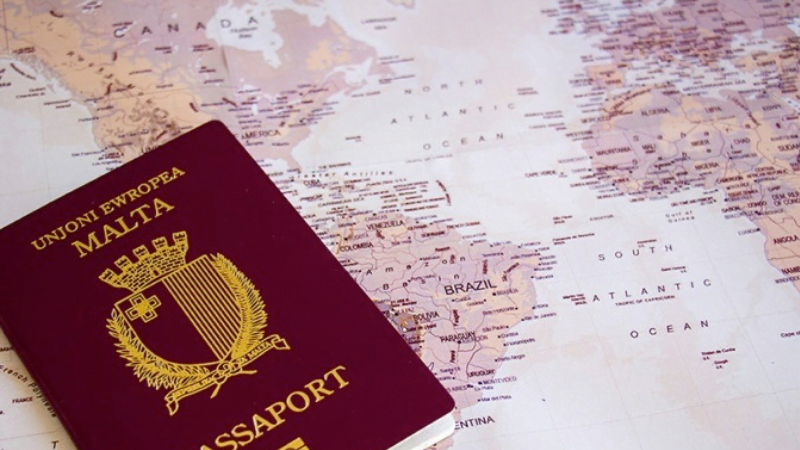The European Commission’s report on cash-for-passport schemes that called out practices in Malta, Bulgaria and Cyprus, had tougher recommendations for the countries removed before its publication, the Organised Crime and Corruption Reporting Project (OCCRP) revealed.
The report included a stern warning that cash for passport schemes in countries such as Malta were helping to facilitate money laundering, tax evasion, and the evasion of sanctions, it has come to light that the report stopped short of calling for drastic measures and making recommendations that would significantly change the way that passports are sold and issued by EU Member States.
In a leaked version of the draft seen by the OCCRP, it appears that a version dated October 2018 had included a number of demands that were then omitted from the version released last month.
One such omission was the demand that “Member States should not accept investor scheme applications from persons listed on the UN and EU sanction list” due to instances where sanctioned individuals were able to operate in the EU unhindered.
Iranian-born Pilatus Bank chairman Ali Sadr Hasheminejad had been using a St Kitts and Nevis passport that he had purchased as a part of a Henley & Partners designed programme. He was later arrested on charges of evading US sanctions and is facing 125 years in prison.
It also made reference to the fact that intermediaries involved in the handling of applications should not have any decision-making power or screening duties, tasks which should be reserved for government authorities”.
Henley & Partners is one such intermediary yet “passport king” and Chairman Christian Kalin told OCCRP that there was no conflict of interest in the way that they operate and that the threats mentioned in the report were “non-existent”.
The global cash-for-passports industry is worth over $3 billion dollars, with Henley & Partners as one of the biggest players.
“Henley and Partners employ two full-time lobbyists in Brussels, in addition to holding a membership in the International Migration Council (IMC), a citizenship-by-investment association and lobbying group.” the report notes.
Both organisations expressed denied being involved in any changes from the draft to the final version of the report.
Other discrepancies between the draft report and the released version include a clause that questioned whether the concept of selling citizenship to third country nationals without any genuine connection to the country, was compatible with EU law.
When asked for a comment from OCCRP on why the “toughest” demands were removed, the EC declined. MEP Anna Gomes had previously suggested that it was due to stakeholder pressure:
“There are people paid to defend the system and with an interest in defending the system…They have a lot at stake. They have ways to lobby and eliminate what would would be more damaging from their point of view.”













